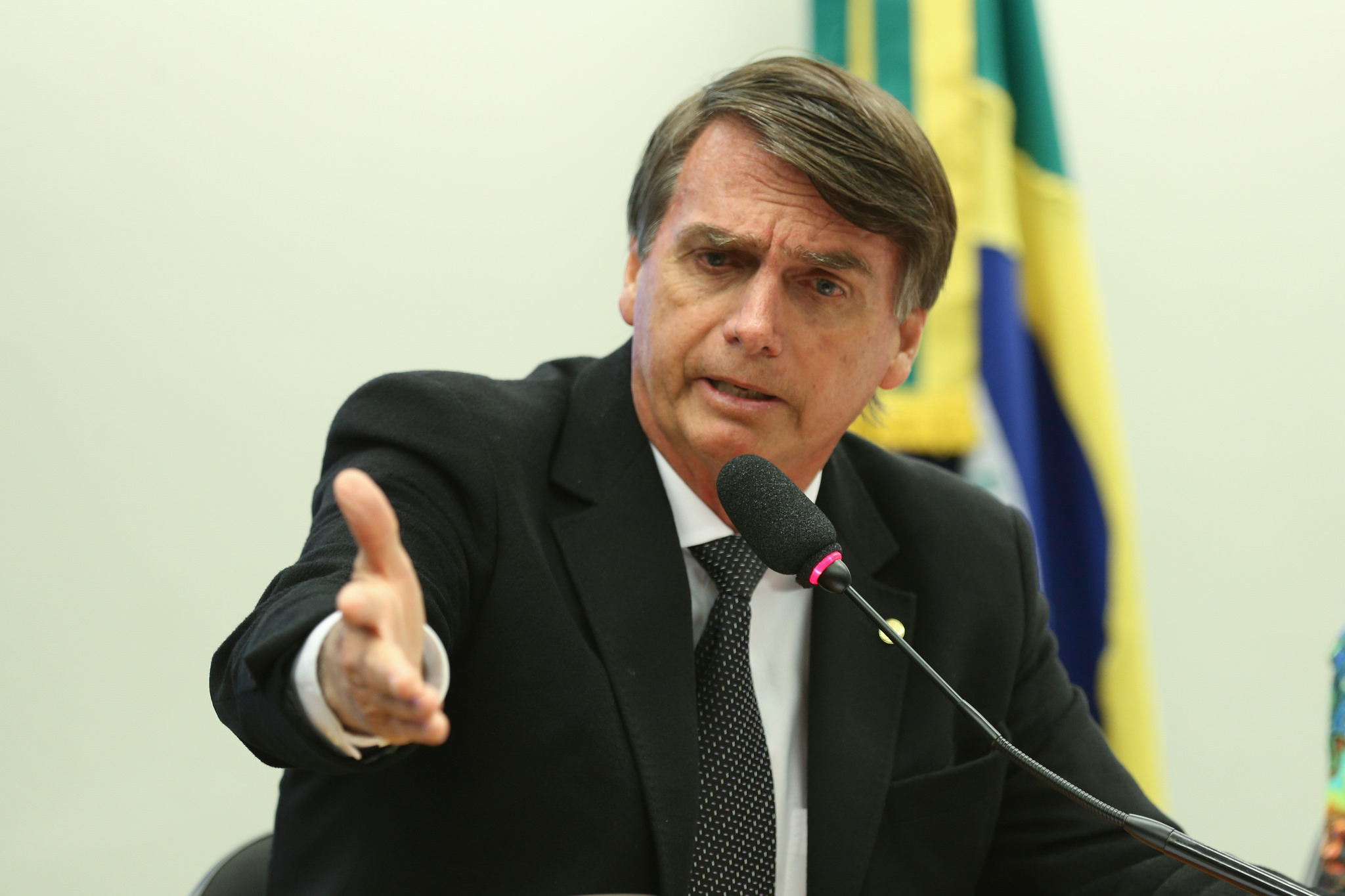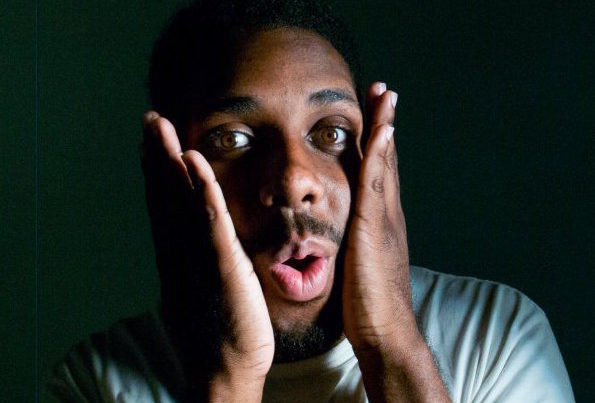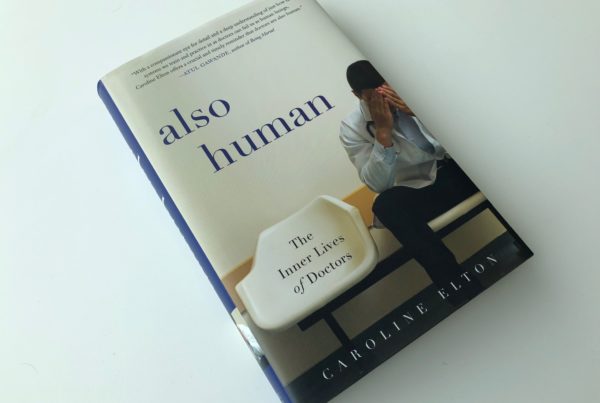To our immediate south, President-elect Andrés Manuel López Obrador is set to take office in Mexico in December. Amlo, they call him, rose to prominence by promising to crack down on corruption, despite fears that his ideas about privatization and law enforcement might come with considerable dangers. Now, political observers are raising concerns about the rise of retired military Capt. Jair Bolsonaroa, a seven-term congressman from Rio de Janeiro, who courts the rich and the military as much as he courts controversy. He has said things like he’d prefer a dead son to a gay one, or that he wouldn’t rape a congresswoman because she was ugly. Bolsonaro is leading the polls in the race for Brazil’s presidency, and the vote is just two weeks away.
Kurt Weyland, professor of government at the University of Texas at Austin says concerns about Bolsonaro are justified. That’s because he says in Latin America, populist leaders often use their authority to gradually “hollow out” democracy from the inside. During that process, they can concentrate power, dismantle checks and balances, put pressure on the opposition and fight to bring more hegemony over public opinion. Based on what he’s heard from Bolsonaro so far, Brazil could be on that path should Bolsonaro be elected.
Weyland says Bolsonaro’s deep connections and support from the military could help him weaken democracy in Brazil. However, he says a total military coup and dictatorship, which happened in 1964, is unlikely.
“What is much more likely is this gradual hollowing out of democracy … that we saw from a populist era in Venezuela, in Ecuador and in Bolivia in recent years,” Weyland says.
Weyland says one way Bolsonaro might appeal to his supporters is through crime-reduction initiatives. But that could turn into him “unleash[ing] the police to crack down on the criminals,” which Weyland says is already being done by police in Latin America, and people are getting killed because of those policies.
“If that leads to a reduction in crime, that could increase his support because lots of people are sick and tired of the crime wave,” Weyland says. “That would be one way how he could gain popularity and then use that popularity and his support to hollow out democracy.”
Bolsonaros’ opponent Fernando Haddad, from the leftist Workers’ Party, previously had a lot of popular support, but that’s changed. Weyland said this comes as a result of the Workers’ Party being in power for more than a decade, during which President Dilma Rousseff was impeached, and there were corruption scandals and allegations of abuses of power by officials. He also says Haddad’s personal story hasn’t captivated people like past Workers’ Party presidents, such as Luiz Ináçio Lula da Silva, who came from extreme poverty to the presidency.
Written by Acacia Coronado.
















